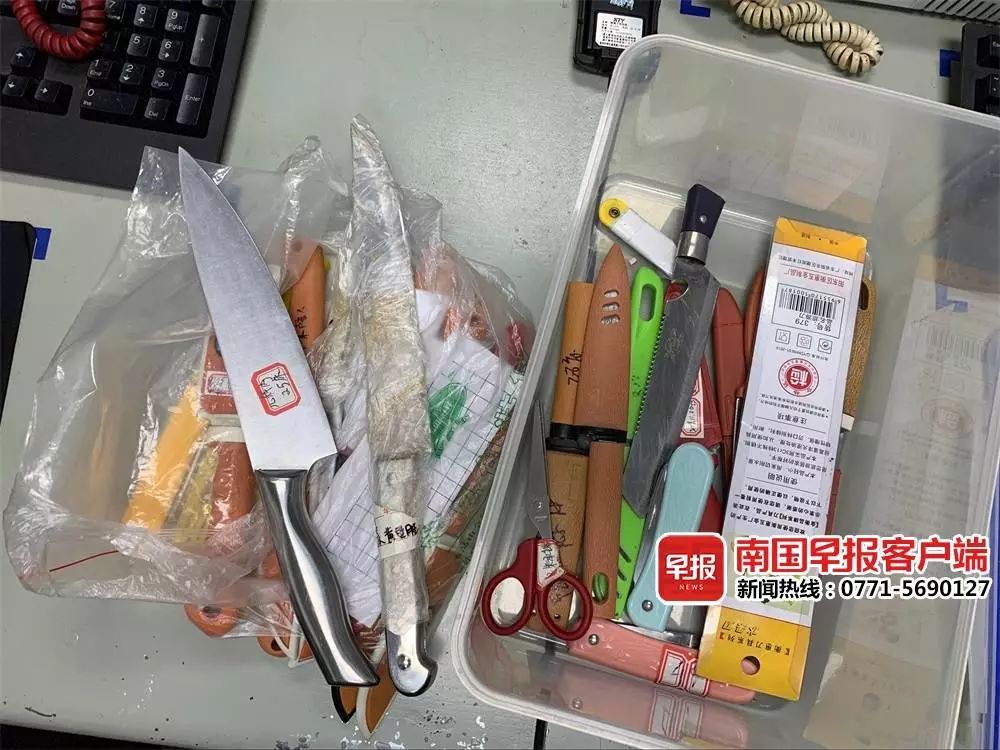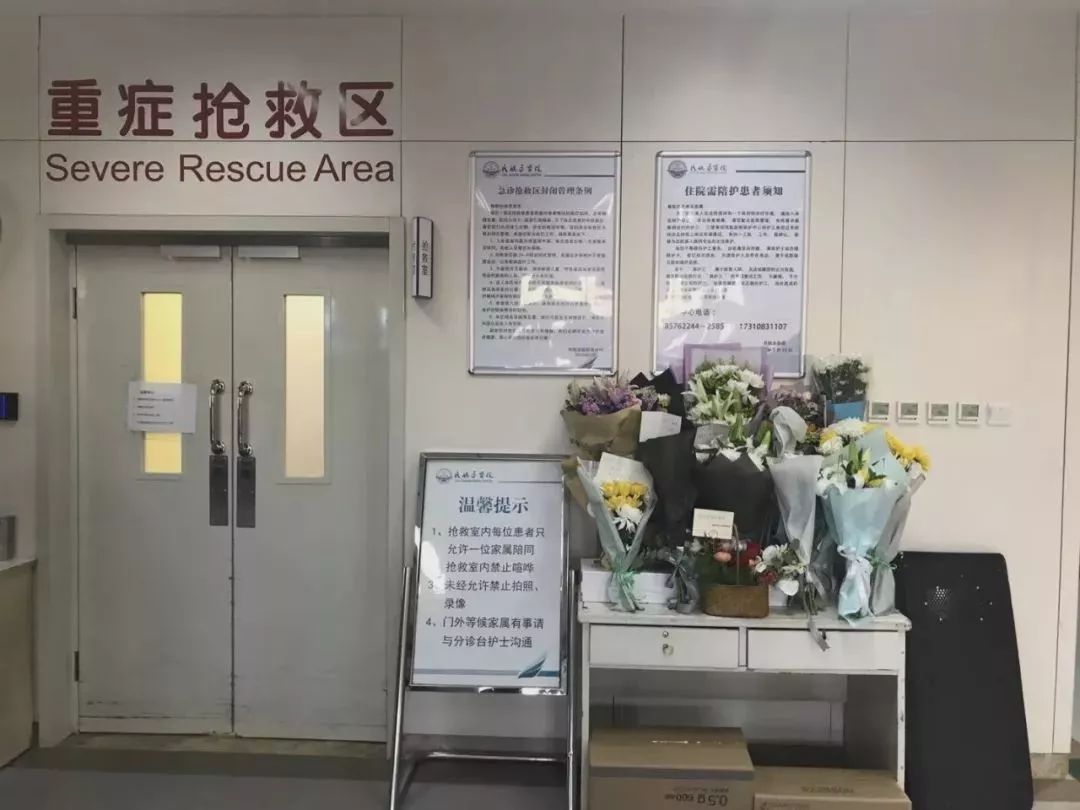Nanning hospital installs metal detectors to protect hospital staff from violence
Nanning hospital installs metal detectors to protect hospital staff from violence

Nanning in Guangxi Province has become the first city in China to require local hospitals to install security checkpoints. The aim is to prevent violence against doctors and hospital staff by frustrated patients and their family members, a phenomenon so common it has spawned a Chinese slang word: yinao (医闹 yīnào), which roughly translates as “medical ruckus.”
The checkpoints are part of the Nanning municipal health department’s “Safe Hospitals” initiative, which also mandates that “top-level” medical facilities in the city must put in other access controls and hire security personnel to protect the safety of hospital employees and patients.
On January 8, the Second People’s Hospital of Nanning became the first medical institution in the city to introduce security checkpoints under the new regulations. Per a local newspaper (via iFeng.com in Chinese), there are currently two security gates at the main entrance of the hospital. “Please walk through the metal detector. You are prohibited from bringing knives into the facility,” reads a sign next to the gates.

Táng Chéngyán 唐成岩, vice president of the hospital, told the newspaper that on the first day after installation, the hospital had 38 security officers on duty who found several visitors carrying small knives, and one with a type of knife that is illegal. Tang said that the hospital was planning to purchase more security devices and introduce more security checkpoints at different gates in the next few months.
The Nanning government issued the policies at the end of last year — around the same time that a doctor in Beijing was reportedly stabbed to death by a patient’s son while working in an emergency ward. The sensational murder sparked outrage on social media and a national conversation over safety measures in hospitals, where doctors and nurses are exposed to physical assault and verbal insults by patients and their families on a regular basis.

Chinese hospitals are woefully ill equipped to deal with the problem. A recent survey (in Chinese) by Dīngxiāngyuán 丁香园, an online community for Chinese health professionals, found that as many as 85 percent of the doctors who responded to the survey had experienced violence in their workplace. Only 29 percent of them said that their employers had enhanced security policies afterward.
But with mounting pressure from the health sector and the public at large, the government is reacting. Last month, China passed the country’s healthcare and health promotion law, which is set to take effect in June this year. The law specifically criminalizes threatening or endangering the safety of medical staff.






